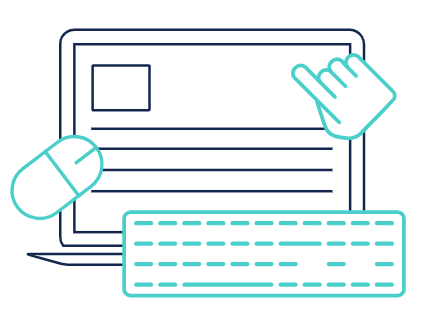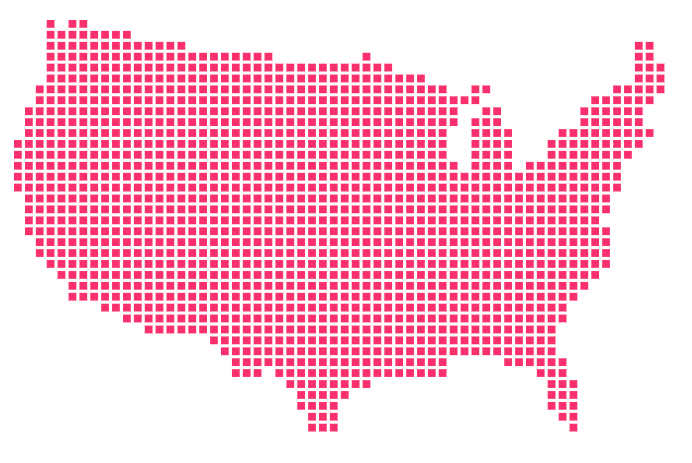



Real Live People
Bots are nice and all, but sometimes you want to talk to a real live human. Sure, you can message us, but we understand it’s nice to pick up the phone and talk to someone. We have agents available seven days a week for your convenience.
Bind Online
You want to buy insurance and move on with your day, we get it. That’s why we’ve made it possible to purchase a policy completely online. It’s a breeze and you can have a quote in just seconds. Get started below!
Our Customers Love Us
We’ve been around as a digital insurance provider for over a decade. In that time we’ve become seasoned professionals at customer service. Each rave review we get fills us with pride and motivates us to keep innovating.
Get a Quote Online
Upload Proof of Coverage
Upload your proof of insurance below! If you have a policy through LeaseTrack (Effective Coverage) your proof has been automatically submitted.
Why LeaseTrack?





Contact Us
800-892-4308
Operating Hours
Weekdays (Monday-Friday): 9:00 am – 8:00 pm EST
Saturdays: 10:00 am – 5:00 pm EST
Holiday Hours: 10:00 am – 5:00 pm EST
Memorial Day, 4th of July, Labor Day, Day after Thanksgiving
Thanksgiving Day: Closed
You can also reach us using the form below.
